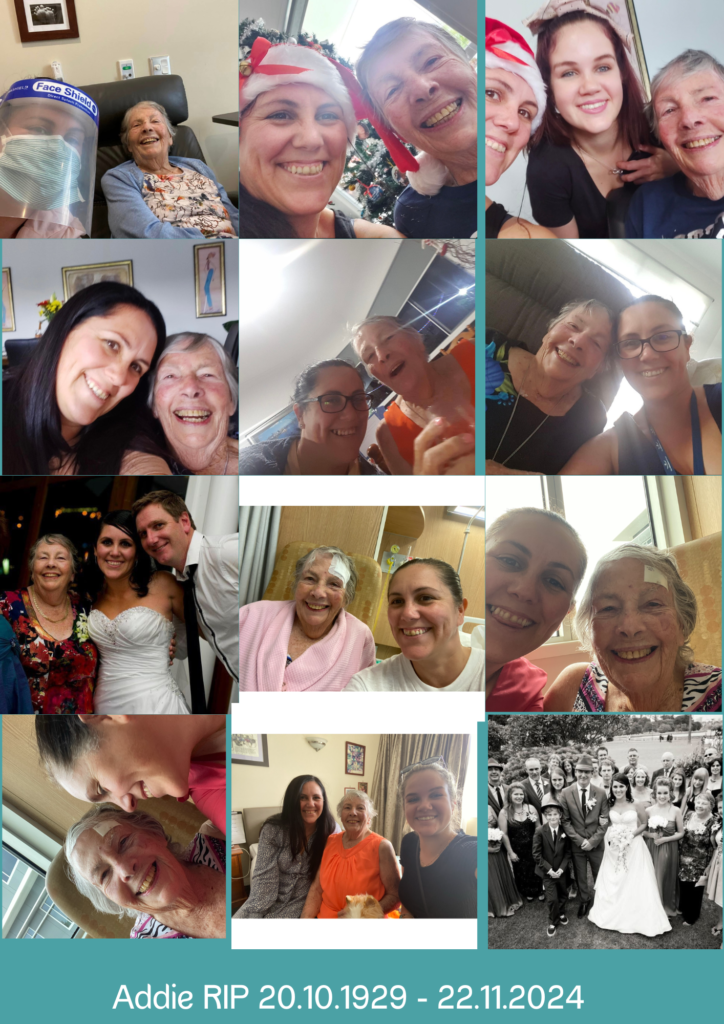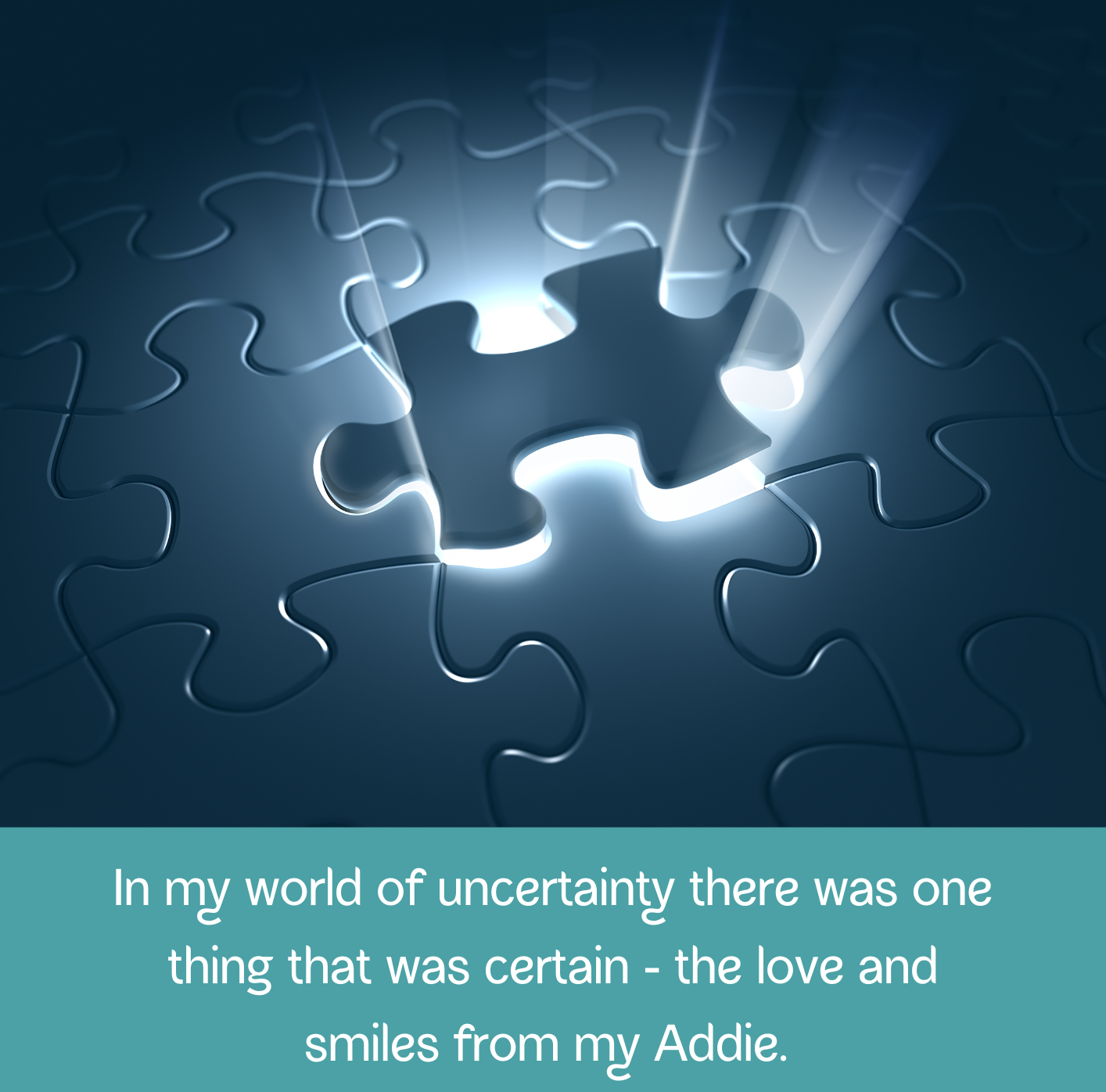I believe that family is like a puzzle, each member representing a unique and irreplaceable piece that completes the picture. When we lose a loved one, no matter their age or ours, that puzzle is forever altered. The piece that once fit so perfectly is gone, and while time may soften the edges of our grief, the absence remains—a gap that never truly closes.
I’ve believe that grief is not just about missing someone; it’s about learning to live without a piece of your family puzzle. That missing piece doesn’t just represent the person—it holds their laughter, their quirks, their wisdom, and the moments that defined your connection. When they are gone, you don’t just lose a family member; you lose a part of yourself and the shared experiences that made life richer.
For many of us, the loss feels especially profound because it reaches across time. We miss them in the milestones they would have celebrated with us and in the small, everyday moments when their presence brought comfort. Whether it’s a parent, sibling, grandparent, child, cousin, aunt, uncle etc the void they leave behind is felt in every corner of our lives—in the traditions they cherished, the advice they gave, and even the arguments that, in hindsight, seem trivial but were part of our shared story.
What makes this loss even harder is the knowledge that grief is not a problem to be solved or a wound to be healed. It’s a process of adaptation. Over time, we may find ways to honour their memory, to carry forward their values, and to feel their presence in the moments we least expect. Yet, the missing piece of the puzzle remains, a reminder of the love that can no longer be expressed in person but still lives within us.
It’s important to allow ourselves the space to grieve, no matter how much time has passed. Society often pressures us to “move on” or “find closure,” but grief doesn’t work that way. It’s not about forgetting or replacing the person we’ve lost. Instead, it’s about finding a way to carry them with us, even as we continue to grow and change.
For me, that means embracing the memories of those I’ve lost as a source of strength. Their love and influence will continue to shape me, reminding me that while they may no longer be physically present, they are still part of my story. Their absence doesn’t make the family puzzle incomplete; it transforms it, creating a new picture that reflects the resilience of those who remain and the enduring legacy of the one who is gone.
If you’ve lost someone dear to you, know that it’s okay to feel their absence deeply. It’s okay to cry, to miss them, to feel the weight of their missing piece in your family puzzle. But also know that you carry their piece with you—through your memories, your actions, and the love that never fades. They may not be here, but they are still part of your life, shaping who you are and the way you connect with others.
In time, we will learn to live with the missing piece, not as a source of pain but as a reminder to the love we shared. And in doing so, we honour their memory, ensuring that their presence, though changed, will never truly fade from the picture of our lives.
In loving memory of Addie (Margery Linda Clarke)





